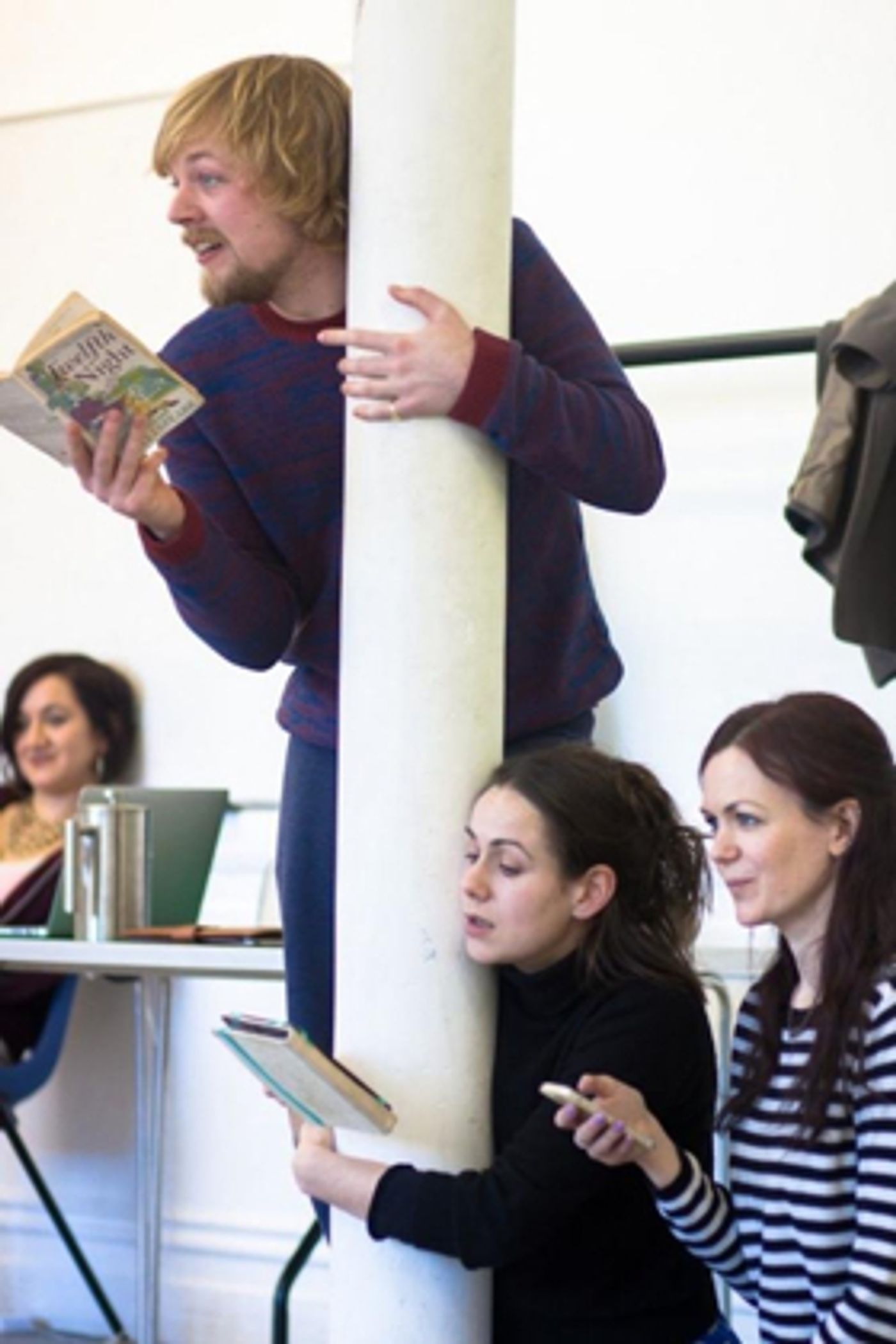Guest Blog: Tom Latter On Maintaining The Relevance Of Shakespeare

Play out the Play
Is Shakespeare still relevant? Given I am one of four directors of a Shakespeare-focused theatre company, I am bound to answer "yes". But for all of the box office success (one in every 10 theatre tickets sold, according to a 2014 report), Shakespeare is still viewed by many as elitist.
Recent years have seen a dramatic rise in more inclusive, representational 'modern' approaches (Emma Rice at the Globe, Phyllida Lloyd's Donmar trilogy, Michelle Terry's Globe Ensemble, to name a few), and evidence suggests audiences are becoming more diverse.
But has access to the doing of Shakespeare really changed as much as access to watching it?
Shakespeare carries a lot of baggage - the name alone conjures up a host of images, experiences and emotions, many of them negative or even vaguely traumatic. Many people "don't get it", it's not for them.
And that's OK. One of the key burdens is pressure that one should like it, get it, even worship it. But reverence is what kills Shakespeare, both in productions and in a general attitude to his work. Much better to say "I don't understand this" (as Emma Rice did) than to declaim "This is perfect as it is".
Frankly, plenty of Shakespeare's writing isn't great (or at least not great anymore). Much is unclear, obscure, unfunny and by modern standards highly objectionable. For every great role for women there are a host of female characters given no lines in Act 5 and no power over how their story ends; next to the many stunning insights into the human soul, casual anti-Semitic slurs are tossed around for comic effect.
If we stick to the idea that Shakespeare can't be changed and adapted, it won't move with the times and will continue to be seen as exclusive - not for everyone.

Play out the Play
Scaffold Shakespeare Company are trying in our own small way to open up access to the doing of Shakespeare. One adaptation of the Sonnets aside, we've yet to stage a Shakespeare production in seven years - an unnerving claim for a theatre company, but true.
To date we have been exploring the plays away from audiences, through Play out the Play, an ongoing series of workshops which has included reading every play aloud (twice) over three years, with an ever-changing group of theatre-makers. Workshops are open to anyone who's interested, no experience required, and anyone can read any part.
Seeing Shakespeare being read by such a wide range of actors led to epiphany after epiphany, and unlocked things in the plays which people who knew them backwards had never seen before. By the end of those three years our central question had changed from "How do we do these plays?" to "How can we celebrate the infinite possibilities of these plays in our future work?".
Our answer, until we hit upon a better one, is to get as many people doing Shakespeare as possible. Sticking closely to the idea that this play "should" be done a certain way, or a role "can't be played" by a certain type of person is precisely what limits access to Shakespeare, cementing its image as a kind of elitist art form.
No one holds the keys to the plays - they are for all of us. There is no reason why the Scaffold workshop principle of "Anyone can play anything" cannot be extended into how productions are cast.
There's progress at grass roots level, and the RSC education department is making huge strides in creating opportunities for schoolchildren to participate. For the professional theatre industry, however, more pressure needs to be applied to the 'gatekeepers' of Shakespeare (producers, directors, casting directors, agents) to identify their own burdens and look to shed the ways in which they can create barriers to Shakespeare being for everyone.
Opening up the doing of Shakespeare, not just the watching of it, is critical if these magical, messy and magnificent plays are to remain relevant.
Videos

